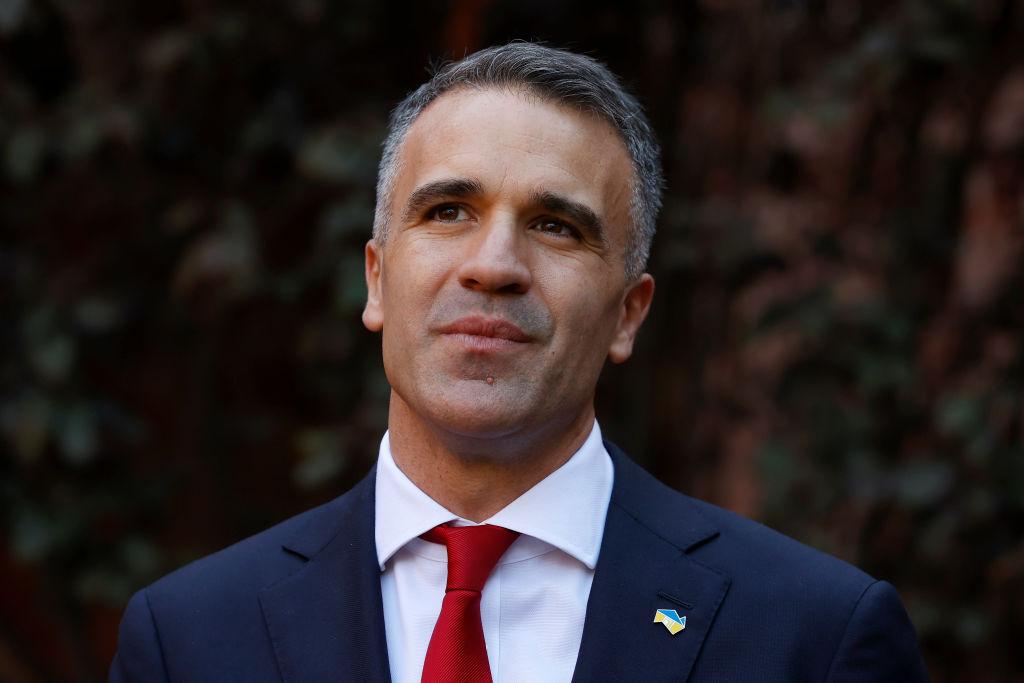South Australia is the first Australian State to introduce the First Nations Voice Bill, which will likely be legislated by the state’s parliament by Easter.
The state’s Attorney-General and Indigenous Australians Minister Kyam Maher, who introduced the First Nations Voice Bill 2023 (pdf) on Feb. 9, said the Bill was an “historic change” following months of engagement with Indigenous and the broader communities.





